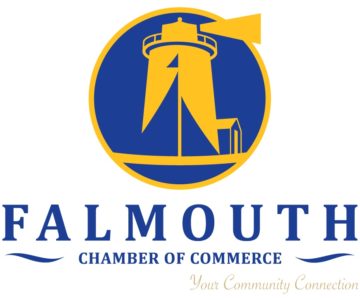By Robert Martin, CIMA
It’s very important to teach your children at a young age about how to handle money. Most children are aware of the usefulness of money when they want a treat or something else that catches their eye as they make their way through a store. This is the first opportunity to start the teaching.
One of the best tools for children to start learning about money and budgeting is an allowance. Some allowances are based upon doing household chores or getting good grades, others are simply to begin the lessons of financial responsibility. You can also reward them financially (a “bonus”) for doing extra chores that are outside of the chores they’re already assigned.
An essential part of an allowance is setting parameters and teaching the benefit of saving part of the money for the future. An allowance should be a routine, like a payday. Give the same amount each week and include “raises” for good or desired behaviors.
One savings vehicle that works at a young age is a piggy bank. It opens the idea of saving in a fun way. Opening a bank account and getting their own passbook is another way to teach savings habits. The goals of saving can vary from every day “spending money” to saving for a larger purchase – something your child will “work” for and can’t purchase right away. If they write down their goals in the long and short term it’s a plan they can follow.
A big distraction for children is the TV. Commercials are constantly aimed at children, enticing them to buy the products advertised. These days, they can even ask “Alexa” to deliver whatever they want. Again, it’s part of the education process to discuss the situation and why impulsively buying everything they see on TV isn’t a good financial plan. Planning and saving for the big-ticket items and encouraging the creation of a list for birthdays or holidays teaches them not to give in to every buying impulse the media throws in front of them.
As children get older, in the teen years, they may earn income from part-time, after-school, or weekend jobs. This is a valuable lesson that teaches the value of financial independence and enables them to reap the rewards of the work they do. Actively show your child how taxes take a portion of their paycheck and reduce how much they get to save and spend. Help them budget their earnings and track where they’re spending the money they’ve earned. If all their money is going to items that are nonessential and nothing is being saved, point out the importance of saving for the proverbial rainy day.
These lessons will prove invaluable over the years, especially as they go to college or start a business. If they go to college, they’ll be inundated with free offers of credit cards that, all too often, result in financial issues for young adults who have no sense of money management, significantly damaging their credit history before it even has a chance to be built. When starting a business, they need good credit to help them along, this makes it much easier to get the business going. Take the time now to teach your children to understand credit, their credit score and different actions that can strengthen or damage it. In the future, their credit score can be as important as their college transcript.
The future is now. Similar to the other lessons you teach your children as they grow older, money management and savings is a very important part of their future. If they save and budget, it’ll be much easier and less expensive to conduct the financial affairs of growing up.
If they mismanage and don’t pay debts, it simply gets more expensive to borrow and limits growth. A few lessons that you can have fun with while they’re young will pay off in the future and give them financial freedom.
Robert Martin is an Investment Executive with Infinex Investments Inc. Member FINRA/SIPC. Cape Cod Financial Services, located at The Cooperative Bank of Cape Cod. He can be reached at (508) 568-1250 or rmartin@infinexgroup.com.
Investment and insurance products and services are offered through INFINEX INVESTMENTS, Inc. Member FINRA/SIPC. Cape Cod Financial Services is a trade name of the bank. Infinex and the bank are not affiliated. Products and services made available through Infinex are not insured by the FDIC or any other agency of the United States and are not deposits or obligations of nor guaranteed or insured by any bank or bank affiliate. These products are subject to investment risk, including the possible loss of value.
How to safeguard children’s financial wellness

Select to Read Similar Content:




















